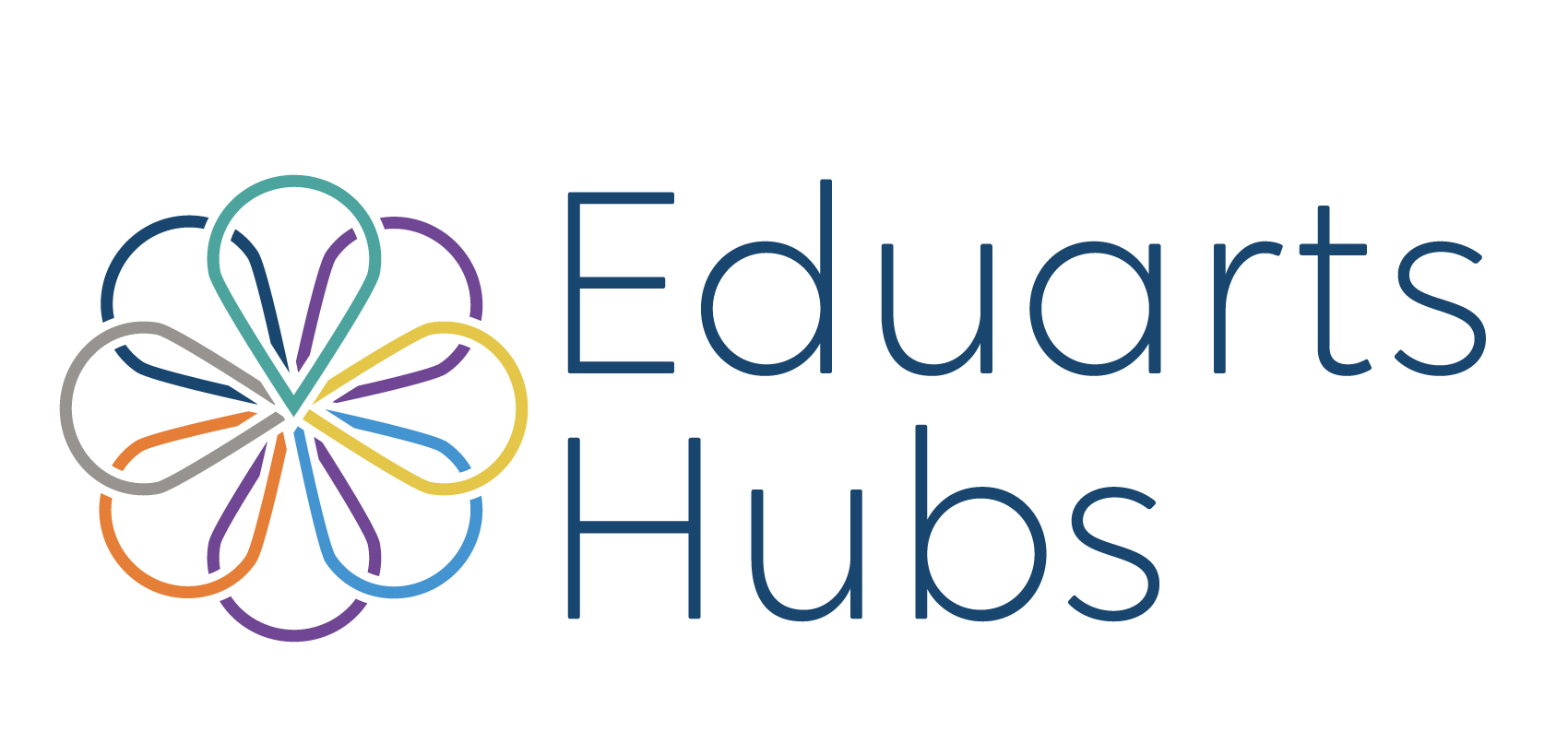Theme: Advancing Music Teaching and Learning in the 21st Century World
Guest Editors: Francine Morin & Beryl Peters
We are all inspired and empowered by arts. They have the power to captivate, challenge and transform each and every one of us in profound ways that last a lifetime. Arts provide a unique and valuable agency for everyone to express their emotions, thoughts, feelings and experiences. That is why it is essential to integrate them into education. Arts education can enhance learning and unlock creativity, foster critical thinking, empathy, and socio-emotional skills. It is key to help promote pluralism, respect for cultural diversity, and a sense of belonging to a global human community (Bolden et al, 2024, p. 6).
From: Bolden, B., Corcoran, S., Kukkonen, T., Newberry, J., & Rickey, N. (2024). Arts for transformative education: A guide for teachers from the UNESCO Associated School Network. UNESCO and the Canadian Commission for UNESCO.
The Canadian Music Educators’ Association/l’Association canadienne des musiciens éducateurs serves and connects all those interested in the field of music education and aims to advance music teaching and learning. This aim, in part, is accomplished through publications and communication with music educators across Canada and the international community. In keeping with our mission, we provide for national and international exchange and dialogue through disseminating the results of research on topics of relevance to music education here and across the globe (https://cmea.ca).
The Canadian Music Educator (CME) is the official quarterly journal of the Canadian Music Educators’ Association that publishes an array of articles pertaining to music education in Canada and beyond. Together, the Canadian Music Educator (CME) and the Canadian Music Educators’ Association are inviting manuscripts for a special research issue that will publish the results of studies addressing contemporary issues in music education along with approaches for advancing music teaching and learning in 21st century educational contexts.
Studies conducted by researchers or practitioners using any systematic form of scholarly inquiry focusing upon these topics or closely related topics are being solicited. Such studies could involve exploring new approaches to music teaching and learning in school, university, or community-based contexts or developing, implementing, and evaluating innovative instructional resources, and sharing what has been learned with others. We are particularly interested in publishing the findings of studies that connect research and music education practice and those that would hold relevance for the national and international music education community.
- New approaches to music curricula and assessment
- Music and socio-emotional learning
- Music education, health, healing, and/or wellbeing
- Music education partnerships
- Creativity and embodied learning
- Music education as artivism
- Social justice in music education
- Equity, diversity, inclusion, and accessibility in music education
- Contemplative holistic music education
- Music education in a digital world
- Music education, truth, reconciliation, and/or peace
- Counter oppressive, decolonizing approaches to music education
- Culturally responsive music education
- World musics in educations in the classroom
- Gender and music education
- Changing music education paradigms
- Integrative music education
- The role of music education in sustainability, climate change, and/or eco-pedagogy
- Re-imagining music education in the future
- Music teacher education
- Music teacher flourishing
All submitted manuscripts will be double-blind peer reviewed. Contributors to this special research issue may also be requested to serve as reviewers. Please refer to the specific CME guidelines for contributors at: https://cmea.ca/en/resources/journal/. Note that for this special issue the recommended word count for articles is 6,000-8,000 words, excluding references.
Manuscript proposals are due by April 15, 2025. Authors should send a working title, an abstract of approximately 1500 words, and bio to Dr. Francine Morin, Director of Research and Publications at research@cmea.ca for the Editors’ review and approval prior to developing a full manuscript. Notification of approval will be sent by May 30, 2025.
Full final manuscripts are due by September 30, 2025. To submit a final manuscript for consideration for publication in the CME Special Research Issue, please send an email, along with a Word file of the manuscript to: Dr. Francine Morin, Director of Research and Publication at research@cmea.ca. The anticipated publication date is Spring/Summer 2026.
Peer reviewers’ feedback will be returned by November 15, 2025.
Revised manuscripts are due by December 31, 2025.
Notification of final acceptance and Editors’ feedback by January 31, 2026.
Submission of final manuscript by February 28, 2026.
Please direct questions to the Guest Editors: Dr. Francine Morin at research@cmea.ca or Dr. Beryl Peters at beryl.peters@umanitoba.ca.




